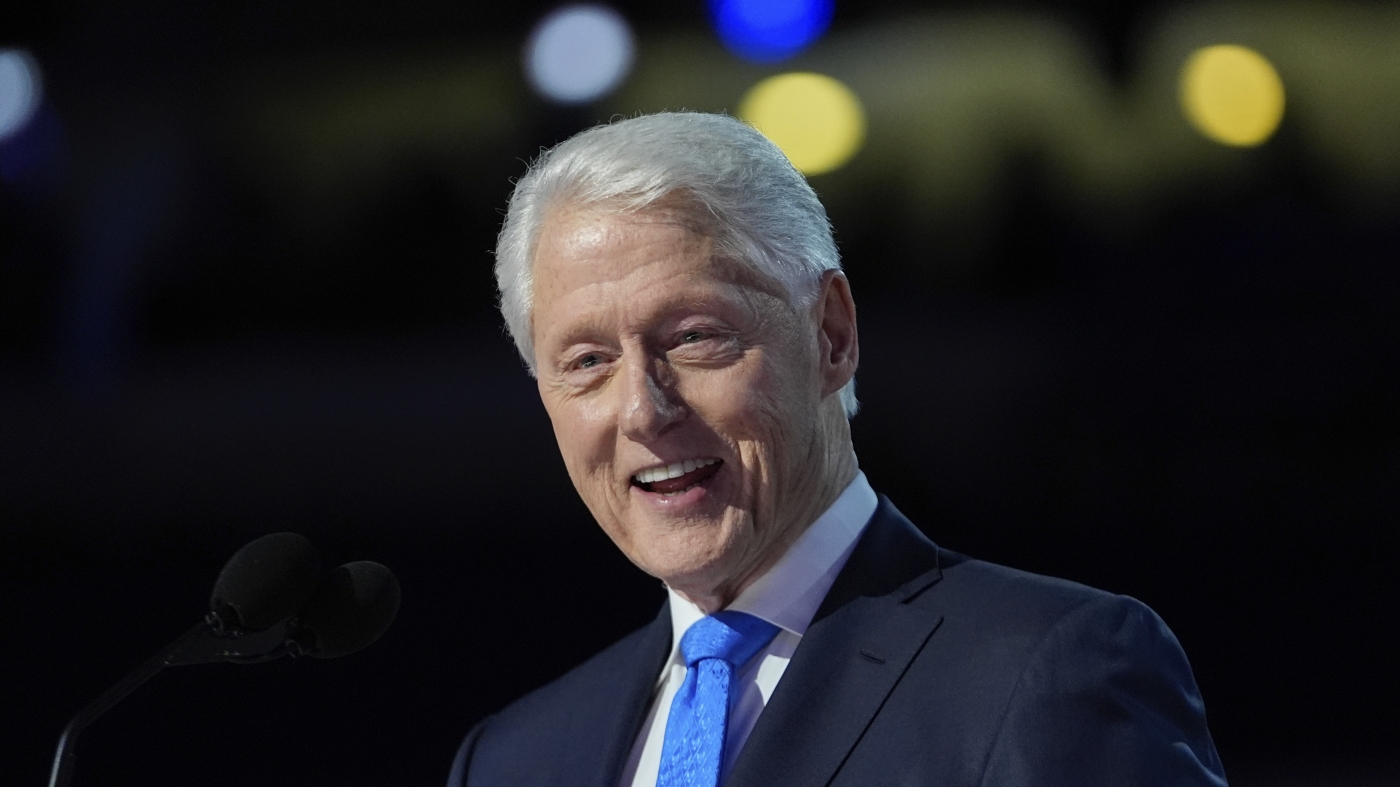No 10 indicates Benjamin Netanyahu faces arrest if he enters UK

Israeli Prime Minister Benjamin Netanyahu faces arrest if he travels to the UK, after an international arrest warrant was issued for him, Downing Street has indicated.
A No 10 spokesman refused to comment on the specific case but said the government would fulfil its “legal obligations”.
On Thursday the International Criminal Court (ICC) issued an arrest warrant for Netanyahu, along with Israel’s former defence minister Yoav Gallant, over alleged war crimes in Gaza.
The court’s member countries, including the UK, have signed a treaty that obliges them to act on arrest warrants.
Asked whether Netanyahu would be detained if he entered the UK, the prime minister’s official spokesman refused to comment on “hypotheticals”.
However, he added: “The government would fulfil its obligations under the act and indeed its legal obligations.”
This refers to the International Criminal Court Act 2001, which states that if the court issues a warrant for arrest, a designated minister “shall transmit the request… to an appropriate judicial officer”, who, if satisfied the warrant appears to have been issued by the ICC, “shall endorse the warrant for execution in the United Kingdom”.
The PM’s spokesman confirmed the government stands by the process outlined in the act and would “always comply with its legal obligations as set out by domestic law and indeed international law”.
He was unable to confirm which secretary of state would be involved in the process and did not answer questions about whether the government was seeking legal advice from Attorney General Lord Hermer – the UK’s top lawyer – in relation to the case.
Asked whether the PM was still willing to talk to Netanyahu, the spokesman said it was “obviously important that we have a dialogue with Israel on all levels”, describing the country as “a key partner across a range of areas”.
Last month Lord Hermer told the BBC he would not allow political considerations to influence his conclusions if the ICC were to issue an arrest warrant.
“My advice [on an arrest warrant for Mr Netanyahu] would be legal advice, based on analysis of the law,” he said.
“It’s not for the attorney to dictate what a government chooses to do. The role of the attorney is to provide fearless legal advice as to what the law requires, what the contents of the law is, and where the law takes you. And that’s what I’m going to do.”
Following the arrest warrants being issued on Thursday, Downing Street said the UK government respected the ICC’s independence and remained focused on pushing for an immediate ceasefire in Gaza.
The court also issued a warrant for Hamas military commander Mohammed Deif, who Israel says was killed in July, over alleged war crimes in relation to the 7 October 2023 attacks against Israel.
Shadow foreign secretary Dame Priti Patel criticised the ICC for drawing a “moral equivalence” between Israel’s actions in Gaza and 7 October attacks.
She called on the government to “condemn and challenge” the court’s decision, describing it as “concerning and provocative”.
After winning power, the new Labour government scrapped its predecessor’s plan to challenge the right of the ICC to issue arrest warrants, saying it was a matter for the judges to decide.
The impact of the warrants will depend on whether the court’s 124 member states – which do not include Israel or its ally, the US – decide to enforce them or not.
US President Joe Biden has called the arrest warrant for the Israeli prime minister “outrageous”, saying there is “no equivalence” between Israel and Hamas.
Both Israel and Hamas reject the allegations made by the ICC.
Source link




